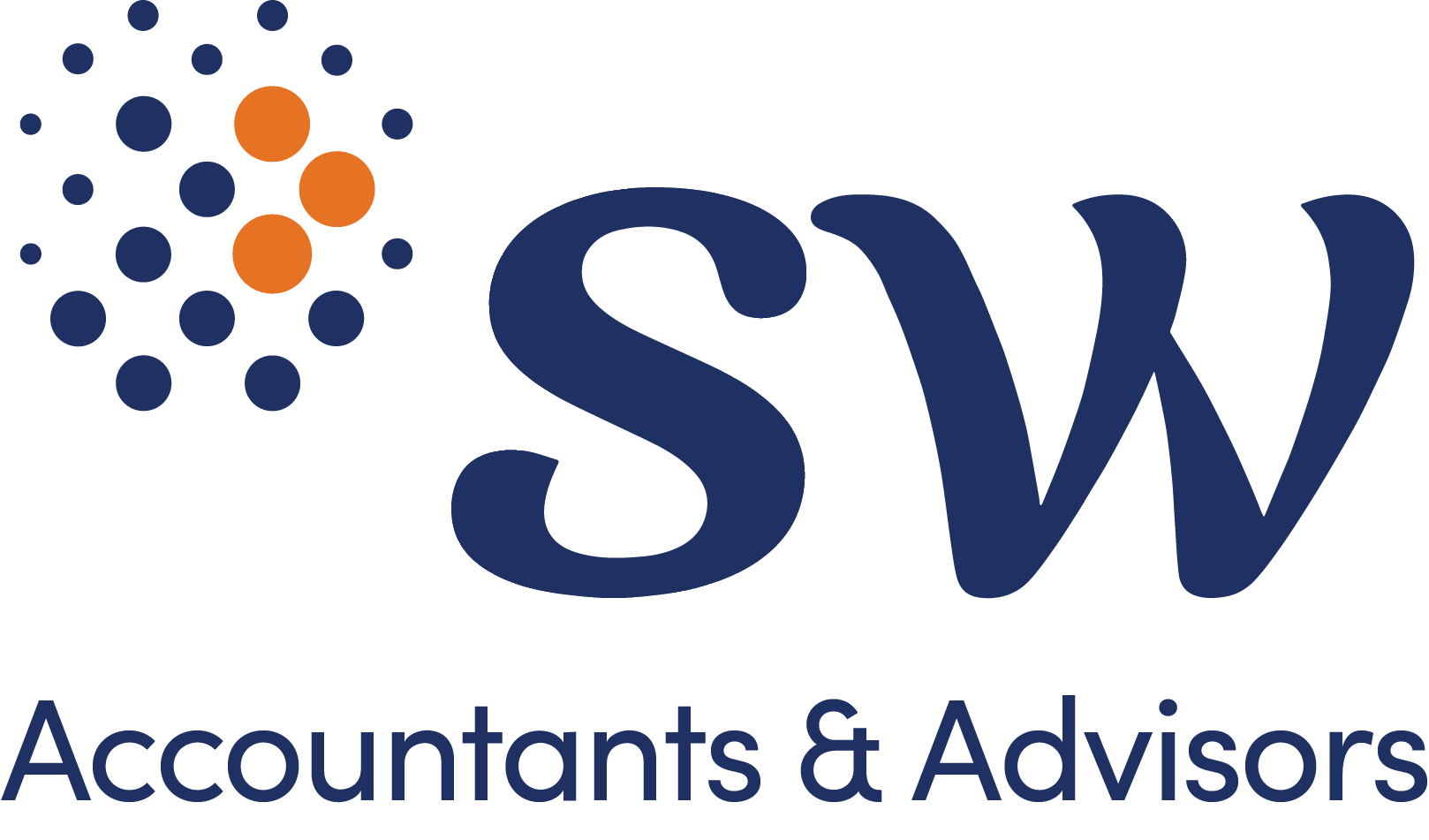
Government proposes changes to tax concessions for large superannuation balances
10/03/2023
In the lead-up to the May budget, the Albanese Government has announced a major change to taxes on superannuation earnings for balances over $3 million.
Current superannuation taxes
An individual’s retirement savings, held in a complying superannuation fund, is subject to concessional taxation on earnings of income and capital gains. The extent of the tax concession on the super fund earnings will depend on whether the individual has satisfied the conditions for release – this will generally be based on your age and whether you have retired or met a condition of release.
Individuals that are yet to satisfy their condition of release will have their superannuation fund earnings subject to tax at 15% on income. Individuals that have satisfied the super funds condition of release, and have elected to convert some or all of their super fund balance to support a pension, will not be taxed on the earnings arising on that balance.
Importantly the balance that is tax free is limited by the transfer balance cap, which is currently up to $1.7m. Earnings arising on amounts not supporting their pension, or above the transfer balance cap, are subject to 15% tax.
Proposed changes to superannuation taxes
The government is now proposing to limit the concessional 15% tax rate to member balances less than $3m.
It is proposed that, starting from 1 July 2025, for individuals with total superannuation account balances of more than $3m, an additional tax of 15% on earnings will be charged on the balance over $3m.
Earnings on the balance below $3m will continue to be taxed at 15% or 0% depending on whether the fund is in accumulation or pension phase, whereas earnings on funds over the $3m will be taxed at 30%.
For the purposes of administering the additional 15% tax, earnings are calculated as the difference in the total superannuation balance at the start and the end of the financial year, adjusting for withdrawals and contributions.
This means that earnings will include unrealised gains. It also means that any realised capital gains included in the earnings above $3m will potentially not attract the one third CGT discount which applies to superannuation funds.
Where a superannuation fund makes an earnings loss in a financial year, this can be carried forward to reduce the additional tax liability in future years.
Limited details are available on how this tax will be collected, but the announcement provides that:
- individuals will have a choice of either paying this additional tax themselves or from their superannuation funds, and
- this tax will be separate from an individual’s personal income tax, similar to the existing Division 293 tax regime.
Impact of the changes
This proposed change will impact Australians with superannuation account balances greater than $3m.
Estimates provided by the government suggest this will be around 80,000 superannuation members.
Should this change be passed into law, large and small superannuation trustees will also need to consider how their systems will operate to comply with the law.
Below is an example from the fact sheet released by the Treasury:
Carlos is 69 and retired. His SMSF has a superannuation balance of $9 million on 30 June 2025, which grows to $10 million on 30 June 2026.
He draws down $150,000 during the year and makes no additional contributions to the fund.
This means Carlos’s calculated earnings are:
$10 million – $9 million + $150,000 = $1.15 million
His proportion of earnings corresponding to funds above $3 million is:
($10 million – $3 million) ÷ $10 million = 70%
Therefore, his tax liability for 2025-26 is:
15% × $1.15 million × 70% = $120,750
How SW can help
The government is consulting the superannuation industry and other relevant stakeholders to discuss the implementation of the measure.
SW will be monitoring for new announcements and will keep you updated once more information is available.
Please reach out to your SW Partner or contact if you would like assistance determining whether you are affected by the change, or advice on structuring your superannuation account.





